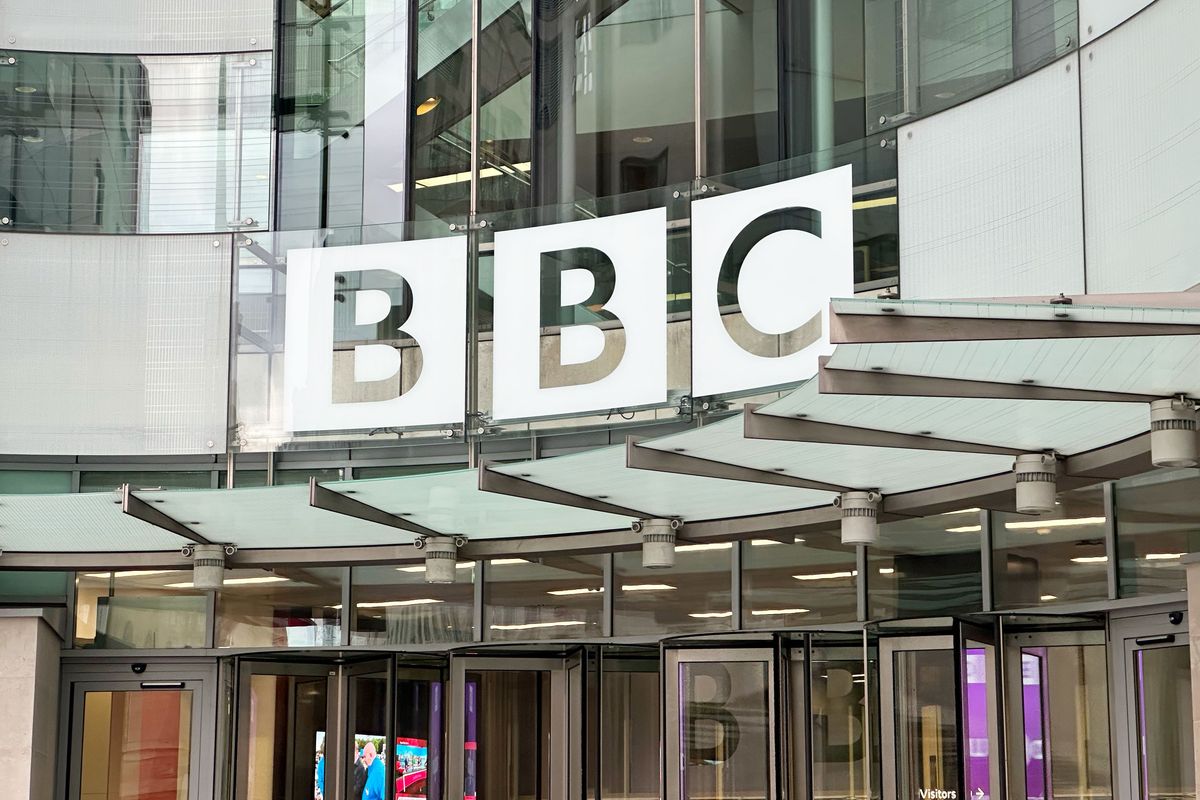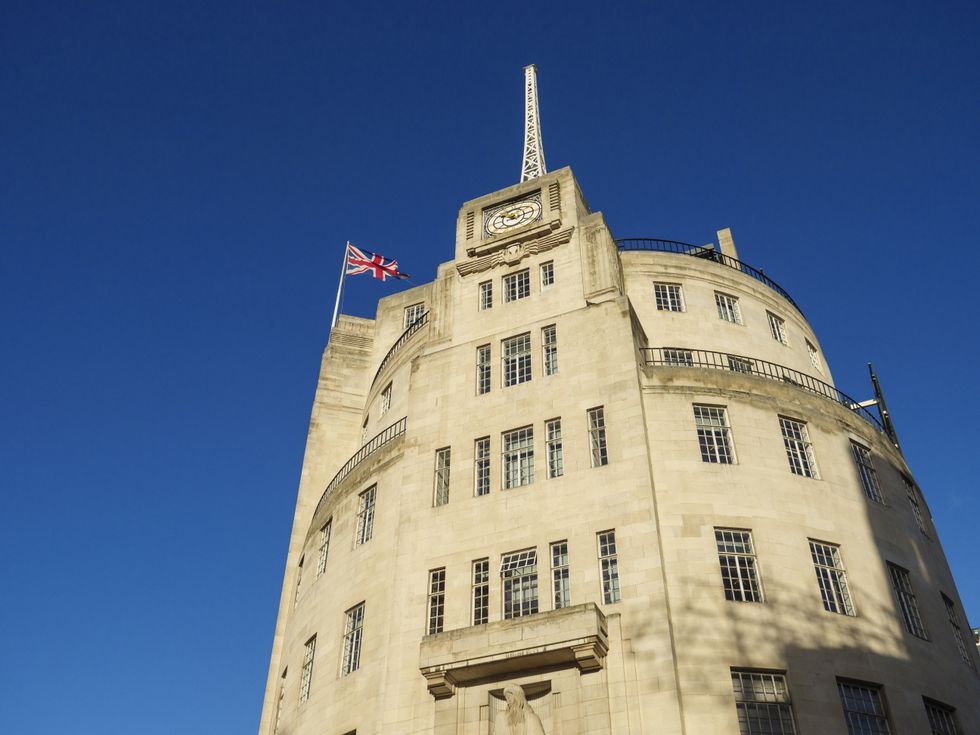Britons will be slapped with a greater financial burden as the BBC is set to further hike the mandantory TV licence fee.
Owners of televisions across the UK can now be expected to pay an annual fee of approximately £181, a nearly £7 increase over the previous year’s cost.
It comes amid skyrocketing living costs for ordinary Britons and an intense debate over the future of the BBC.
The latest increase is set to arrive in Spring and is based on a model that sees the broadcaster’s funding adjusted based on the rising cost of goods and services.
As such, the new fee is understood to be based on September’s inflation figure of 3.8 per cent.
Confirmation of the precise figure, projected at approximately £181, is anticipated within the coming weeks, per The Telegraph.
Current annual fees are set at £174.50, itself an increase of £5 that was set on November 29 in 2024.
The rising costs come as ministers had previously assured a £175 fee threshold would remain intact until the current funding settlement with the BBC was concluded.

The BBC licence fee is due to rise once again
|
GETTY
However, it was breached two years prematurely and is set to continue to rise.
A Department of Culture, Media and Sport spokesman stated: “No final decision has yet been made on the exact level of next year’s licence fee. We will set this out in due course.”
The broadcaster’s traditional funding model has come under increasing pressure as viewer habits shift dramatically.
During the previous year, approximately 300,000 households ceased their licence fee payments, reducing the total number of active licences to 23.8 million from 24.1 million.

Britons are now set to pay £181 annually, a nearly £7 increase over the previous year
|
GETTY
Young audiences particularly favour streaming platforms over conventional BBC channels.
The corporation generated £3.8 billion through licence fees last year, yet its inflation-adjusted income has declined by roughly one-third since Netflix entered the UK market in 2012.
Culture Secretary Lisa Nandy intends to maintain the existing funding arrangement whilst exploring alternative revenue models for the broadcaster’s future.
She has proposed a “mixed funding model” that would integrate the traditional licence fee with additional income sources.
The proposed changes could enable the BBC to implement subscription charges for certain services and expand advertising opportunities to generate supplementary revenue.
These modifications would represent a fundamental shift in how the corporation finances its operations.
As well as changing viewer preferences, the BBC is now facing robust competition with GB News.
In July, The People’s Channel was crowned Britain’s number one news channel after beating the BBC News Channel in the ratings race across Breakfast, mornings, weekday prime-time, and the coveted Sunday morning political slot.
